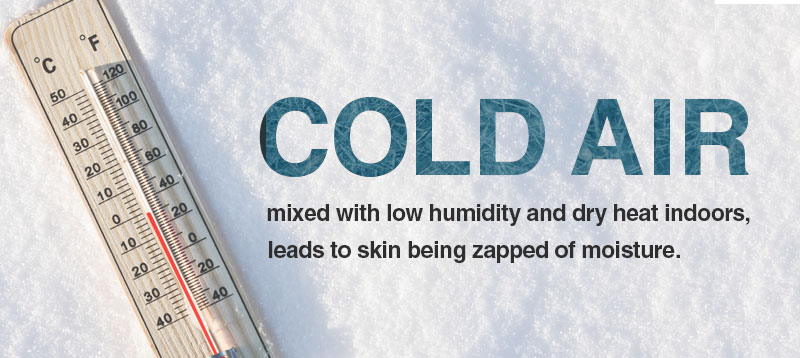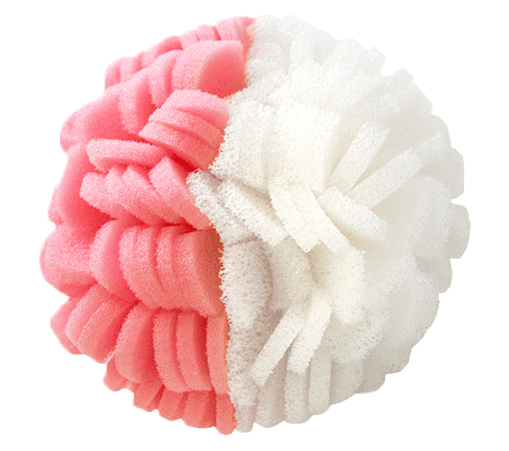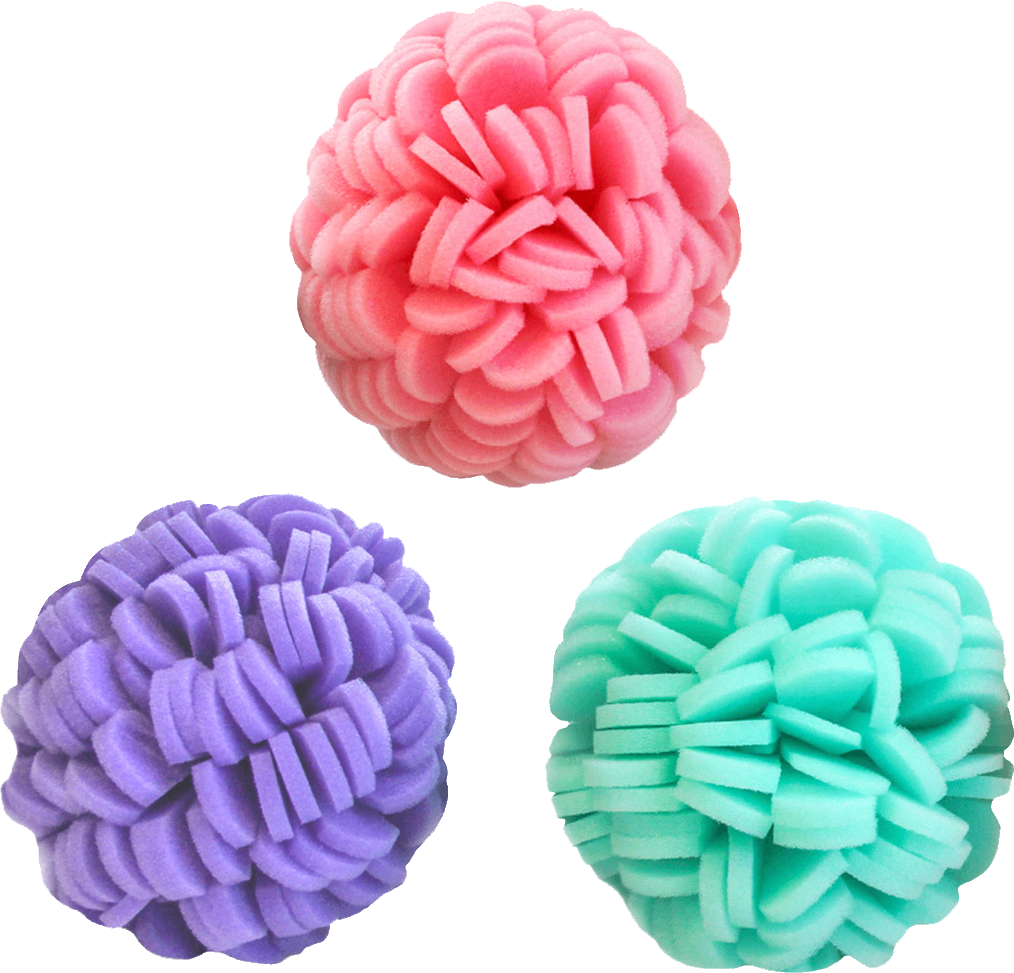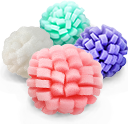While we love the sense of coziness and togetherness that wintertime brings, we absolutely detest the dry, cracked skin that comes with the season. We all know that our skin seems to become drier during the wintertime, but why exactly does it happen?
Environmental Factors
As the temperature drops, so does the general humidity. With lower humidity levels, the skin is more prone to losing its moisture, without any environmental moisture available to replenish it. This, in addition to harsh, blustery winds and skin that is not properly shielded from the elements, results in parched and itchy skin (Everyday Health). Those who frequently traverse between the cold outdoors and heated indoors are likely to have even more difficulty with dry skin, as central heating is often lacking moisture, yet its powerful gusts and perpetual use throughout the season give your skin little time to absorb and retain moisture (PDR Health).

Lifestyle Factors
When you emerge from your steamy shower and are hit with brutally cold-air, do you reach for your moisturizer? Probably not; you are likely to envelop yourself in a fuzzy towel and quickly dress yourself. However, forgoing a moisturizer is a huge no-no in the wintertime. When you apply a moisturizer shortly after showering, you are locking in moisture from your shower into your skin before it has the chance to evaporate. However, any moisturizer simply won’t do; you need to use heavier lotions and creams that can lock in existing moisture, while attracting additional moisture into one’s skin. Additionally, moisturizing alone won’t cure your skin. If you like to take long, steamy showers, this too will deprive your skin of much-needed moisture. It’s best to limit your showers to 5-10 minutes using warm water only. Additionally, if you are someone who loves blasting the central heating, then you may want to consider placing several humidifiers in your home and office, as these can return some moisture to the air (American Academy of Dermatology, Prevention).
Genetics
Regretfully, the factors that trigger dry skin can sometimes be out of our hands. Genetics often play a role in dry skin, especially in those chronic or recurring cases. For example, ichthyosis is a dry skin disease that affects over 16,000 newborns each year and is characterized by parched, scaling skin that is either very thin or very thick. There is no known cure for ichthyosis, and it begins at birth (or at least from infancy) for most individuals and remains for the rest of one’s life. Ichthyosis results from a gene mutation and is typically passed from parent to child, although it is possible for the parents to carry the gene without displaying the symptoms of ichthyosis (Foundation for Ichthyosis and Related Skin Types). Although there are numerous potential triggers, those suffering from eczema and psoriasis may similarly suffer from genetic influences, rather than solely external triggers (National Eczema Foundation, National Psoriasis Foundation).
Bottom Line
Dry skin is an unfortunate by-product of winter weather. While genetics may sometimes be at play, there are a number of environmental and lifestyle factors that may exacerbate the condition. For example, long, steamy showers often deplete the skin of moisture, as does using a light moisturizer or not moisturizing immediately after bathing. In addition, dry winter air and central heating form an unfortunate duo that can deplete your skin of moisture, so it is best to cover as much exposed skin as possible when venturing outside, and make sure to use a humidifier in your home and office, so as to return some moisture to the air.





